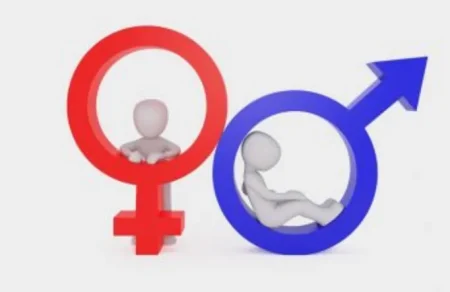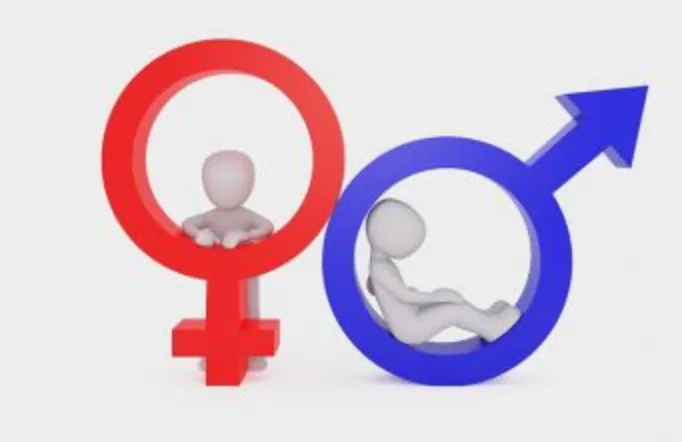by Cheryl Lacey, Thought Starters On Education, ©2023

(Jun. 26, 2023) — Sexuality education happens in schools.
It might be in the intended curriculum – the publicly available document that describes what decision makers have agreed will be taught.
It might be in the hidden curriculum – opinions, values, attitudes, and approaches, that might or might not be in sync with your own.
Either way, sexuality education definitely happens.
According to the United Nations Economic, Scientific and Cultural Organisation (UNESCO), “The primary goal of sexuality education is that children and young people become equipped with the knowledge, skills, and values to make responsible choices about their sexual and social relationships…”
What is the most appropriate way to make sure children and young people are equipped?
Who should equip children, where and how?
We mustn’t forget that children are students only some of the time. They are children all of the time, until they reach the age of 18.
Here’s what’s been happening in schools around the world?
Pro-choice research from the United States suggests 80 percent of Americans support a blended curriculum that emphasises the benefits of abstinence, while also including practical lessons about condom and contraceptive use. The outcome – the dumping of funding for Abstinence Only Until Marriage (AOUM) programs and increased funding for comprehensive sex education in schools.
In the UK, Personal, Social, Health and Economic education (PSHE), which includes sex education, is considered to play a crucial part in preparing young people for life. When past Prime Minister David Cameron rejected attempts to mandate sex education in all British schools, his views led female parliamentarians to hold up the gender card in dispute.
A 2017 pilot project in Quebec, Canada included 19 schools delivering sexuality education for students from K-12, with the intention to introduce a ‘no exemptions’ sexuality education curriculum across the province. However, delays in the pilot raised concerns over teacher capacity and reluctance to teach sensitive content. Other teachers take matters into their own hands, delivering a hidden curriculum on explicit sexuality education of their choosing. Parents may well be able apply for an exemption for their children while sexuality content is being taught, but their right to fulfil such a request remains debatable. The presence of ‘student’s rights’ and ‘teacher’s rights’ in the Quebec Education Act, is in stark contrast to the glaring absence of ‘parent’s rights’.
Sweden has a long-established history of sexuality education. However, despite a compulsory program, introduced in 1956, inconsistencies in teacher qualifications, see some teachers dedicate only one day, while others allocate up to a six-week block for sexuality education.
In New Zealand it is compulsory for sexuality education to be taught in schools, until the end of Year 10, but parents have the right to withdraw their children from these classes. School Boards are also mandated to consult with their community every two years about their Sexuality Education Policy and curriculum content.
In Singapore sexuality education is included as part of Character and Citizenship Education, and there is an opt-out clause for parents.
Australia has its own flaws. While its national curriculum can and is adapted many times over, state control over school education has become a vehicle for overreach into family life. The application of terms including ‘mature minor’ and ‘consent education’ add to the problem. And, the interchanging of child and student, depending on the argument, leaves little room for parents to assert their rightful place as centres of influence in their children’s education.
In about 380BC, Plato wrote The Republic, a dialogue that included his thoughts on the ideal society and the education of children. In his writing, he rejects the family unit in favour of ‘guardians’. He reasoned that it would avoid nepotism and the amassing of private wealth. More importantly, he argued that children were the responsibility of the State, and no parent should know his own child, nor any child his parents.
It seems that throughout the world we have educational and political leaders who feel the same way. They see schools as the most appropriate places and teachers as the most capable to ‘equip’ children and youth with the knowledge and skills required to be sexually active and healthy individuals.
On the other hand, there are thinkers who believe otherwise. They want families to make healthy choices for their own lives and the lives of their children.
Here’s some questions that all parents, grandparents and educationists should be asking:
1. What is being taught in sexuality education classes?
2. To what extent are the rights of parents being relinquished?
3. To what extent are the responsibilities and personal beliefs of teachers being compromised?
4. How will teachers become qualified to manage sensitive content effectively?
5. How will my children’s school manage the implications of the hidden curriculum on sex education?
6. How will my children’s school ensure the views of parents are respected, regardless of nationality, religion or family background?
7. Is our school prepared to take full responsibility for sexuality education?
8. What is already being taught via the hidden curriculum? How well do we know our staff?
9. How will we measure the value of sexuality education?
10. Do my personal values, beliefs, and attitudes match those of our school?
And most important of all…’What are some innovative ways to remove ‘sexuality education’ from the school curriculum?’
All schools have their share of dedicated professionals, complacent individuals, and politically driven antagonists. The curriculum, including Sexuality Education, is open to interpretation, and it does not deliver itself.
Its success or otherwise is the result of human interaction and the values held.
Sexuality education is already happening in schools, but not always where, and how you might think.

